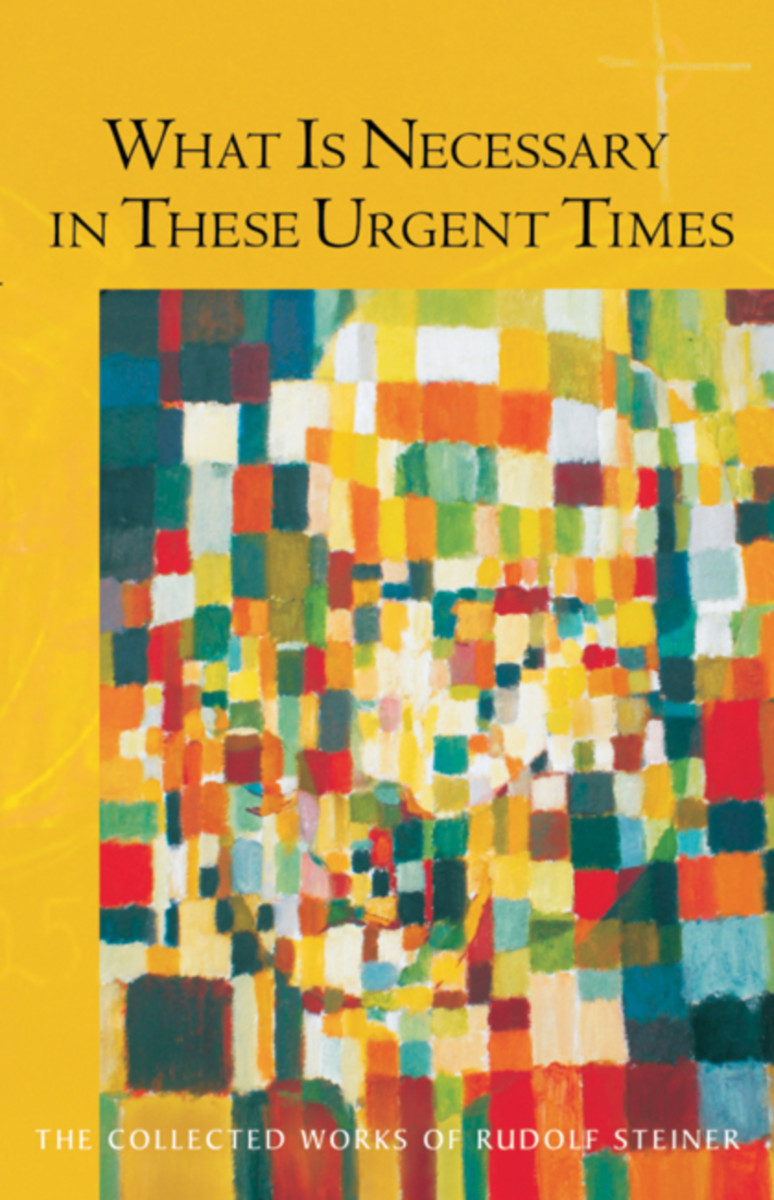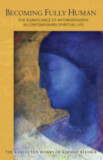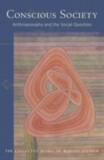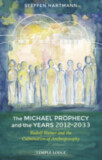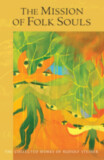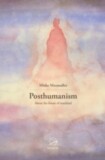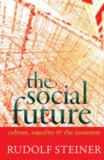What Is Necessary in these Urgent Times
(CW 196)
- Publisher
SteinerBooks - Published
15th August 2010 - ISBN 9780880106313
- Language English
- Pages 376 pp.
- Size 6" x 9"
18 lectures in Dornach, January 9 – February 22, 1920 (CW 196)
In the vast range of Rudolf Steiner’s lectures, jewels of all kinds lie hidden in plain sight, awaiting only our discovery of them. Such lectures contain a kind of wisdom not found anywhere else. And sometimes, as in What Is Necessary in These Urgent Times, they also have a translucency and conviction that makes them transformational.
In early 1920, political, economic, social, and spiritual chaos was everywhere. The old world had fallen apart and would need to be rebuilt. Anthroposophy, too, had to be remade. Recognizing this, Rudolf Steiner tirelessly working for the “threefold social order,” establishing the first Waldorf school, helping to create businesses, and addressing the talented, educated, and idealistic young people who were beginning to turn toward Anthroposophy for answers.
“Rudolf Steiner continues his ‘Michael’ lectures, speaking to members in the new, direct ‘Michaelic’ manner, seeking to build a bridge to the rising consciousness, to the new way of doing Anthroposophy, by addressing, in perhaps a general way, but with great earnestness and with heartfelt passion, ‘What is necessary in these urgent times.’ His purpose is, in a manner of speaking, a call: Awake! Face reality! Act! Clearly, what was necessary then (in 1920) is still necessary now. The external conditions may have changed, but it takes little imagination to see that the crisis for human consciousness remains essentially the same.” — Christopher Bamford
Throughout the critical situation of the time, Steiner never lost his sense of humor or his compassion and equilibrium. His tone is warm, relaxed, and intimate. Rather than following a strictly predetermined path, he speaks directly from the heart about what concerned him.
Steiner stresses that the task of spiritual science is to awaken us to reality and to a true understanding of life that sees through illusions and understands the ever-present potential of evil. Speaking both esoterically and exoterically, he returns repeatedly to the importance of community, of meeting one another face to face, heart to heart, as individuals. Thus, rather than seeking power and control, we are called to cultivate trust and receptivity. This takes a spiritual transformation. We must learn to live this present life in the context of our greater spiritual life, which extends from before birth through earthly life and into the life after death that precedes our next birth. At the same time, we must come to know the Christ, who is to be met only in community. Selfishness, egoism, has no part in the new way:
“When someone is alone Christ is not there. You cannot find Christ without first feeling a connection to humanity as a whole. You must seek Christ on the path that connects you with all humankind.... To be connected only with your own inner experiences leads you away from Christ.”
Steiner deals with many other important themes, as well, including “imperialism,” the initiate behind Shakespeare, Bacon, and James I—makers of our modern age—and well as fascinating, initiatory remarks on reincarnation, esoteric physiology, and psychology.
Running throughout the talks is the earnest admonition to be true to the spirit and the call to come to our senses and not fall prey to self-pity. Now, as it was then, the world needs us to be awake spiritually, and we need the world to be awake spiritually. There is nowhere to hide.
What Is Necessary in These Urgent Times is a translation from German of Geisitige und soziale Wandlungen in der Menschheitsentwikelung (GA 196).
C O N T E N T S:
Introduction by Christopher Bamford
1. The Science of Initiation and the Realities of Life
2. Illusion and Evil
3. Knowledge of the Human Being through Knowledge of the World
4. The Necessity for the Development of New Social Forms
5. Initiation Science in the Light of Modern Thinking
6. Conditions for Understanding Supersensible Experiences
7. Thinking, Feeling, and Willing in Social Life
8. The Nature of the Threefold Social Organism
9. Historical Backgrounds and Personalities
10. The Foundations of a New Social Form
11. Spiritual Realities in Practical Life
12. Transforming Social Life through a New Understanding of Christianity
13. Memory, Intelligence, and the Senses in Relation to the Spiritual World
14. The Metamorphosis of Feeling, Desiring, and Wanting
15. A Spiritual Contemplation of Threefolding
16. The Development of Imperialism: I
17. The Development of Imperialism: II
18. The Development of Imperialism: III
Rudolf Steiner
Rudolf Steiner (b. Rudolf Joseph Lorenz Steiner, 1861–1925) was born in the small village of Kraljevec, Austro-Hungarian Empire (now in Croatia), where he grew up. As a young man, he lived in Weimar and Berlin, where he became a well-published scientific, literary, and philosophical scholar, known especially for his work with Goethe’s scientific writings. Steiner termed his spiritual philosophy anthroposophy, meaning “wisdom of the human being.” As an exceptionally developed seer, he based his work on direct knowledge and perception of spiritual dimensions. He initiated a modern, universal “spiritual science” that is accessible to anyone willing to exercise clear and unbiased thinking. From his spiritual investigations, Steiner provided suggestions for the renewal of numerous activities, including education (general and for special needs), agriculture, medicine, economics, architecture, science, philosophy, Christianity, and the arts. There are currently thousands of schools, clinics, farms, and initiatives in other fields that involve practical work based on the principles Steiner developed. His many published works feature his research into the spiritual nature of human beings, the evolution of the world and humanity, and methods for personal development. He wrote some thirty books and delivered more than six thousand lectures throughout much of Europe. In 1924, Steiner founded the General Anthroposophical Society, which today has branches around the world.


